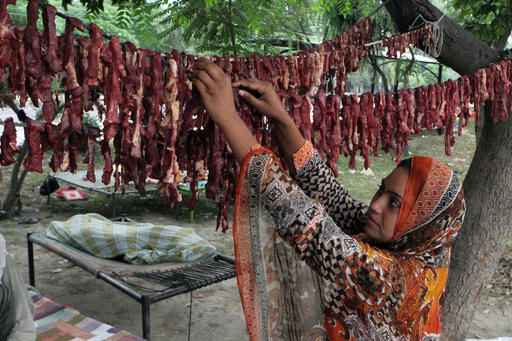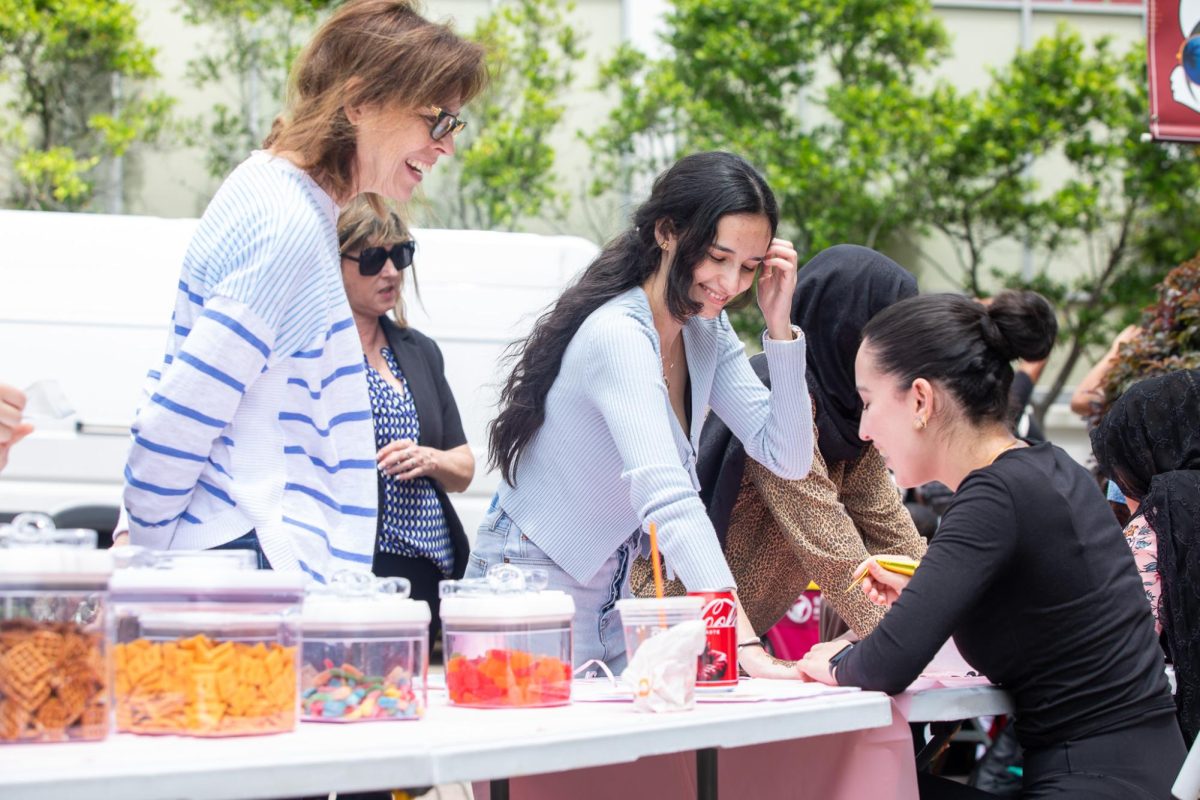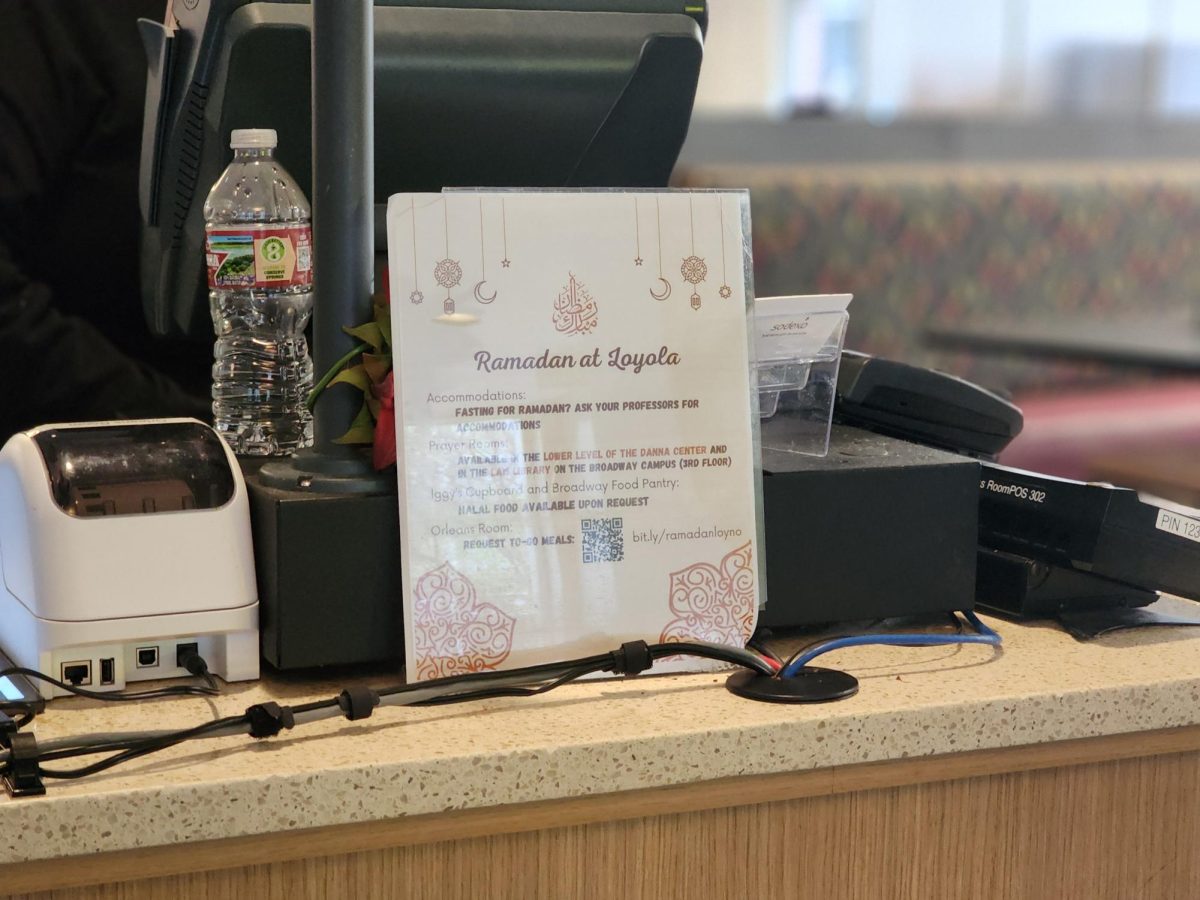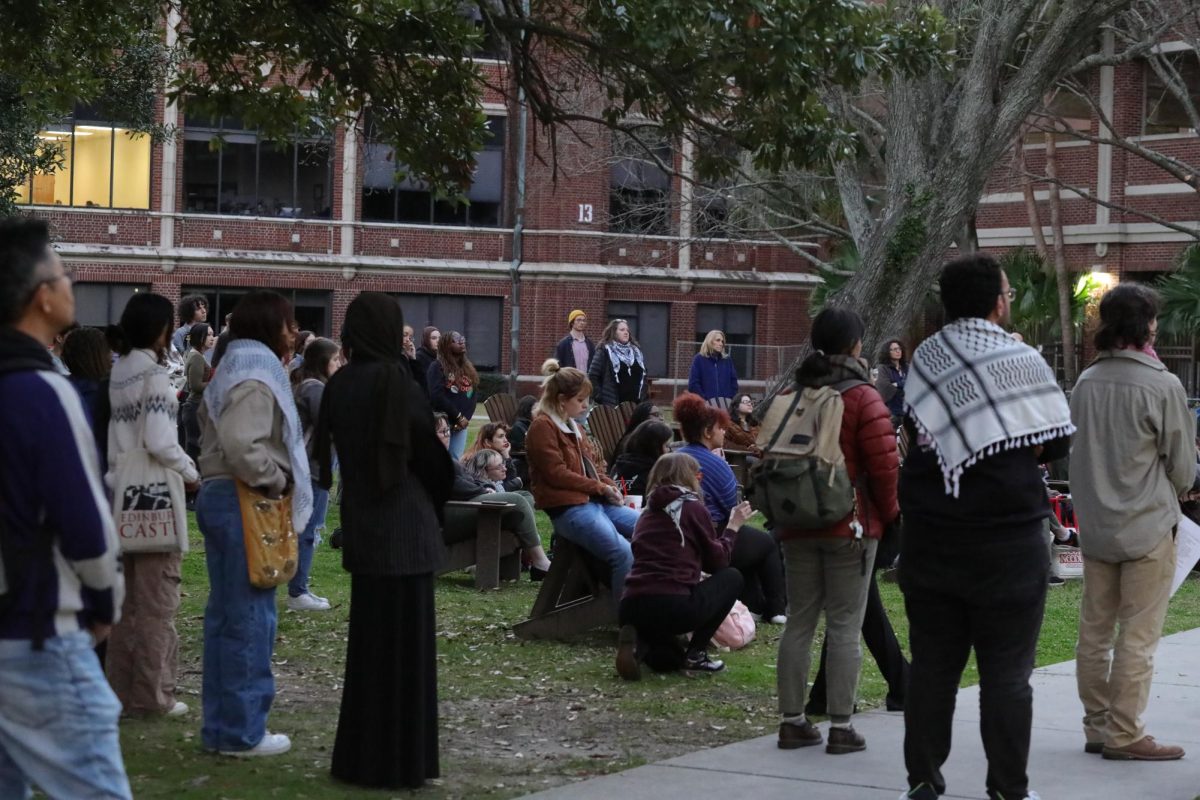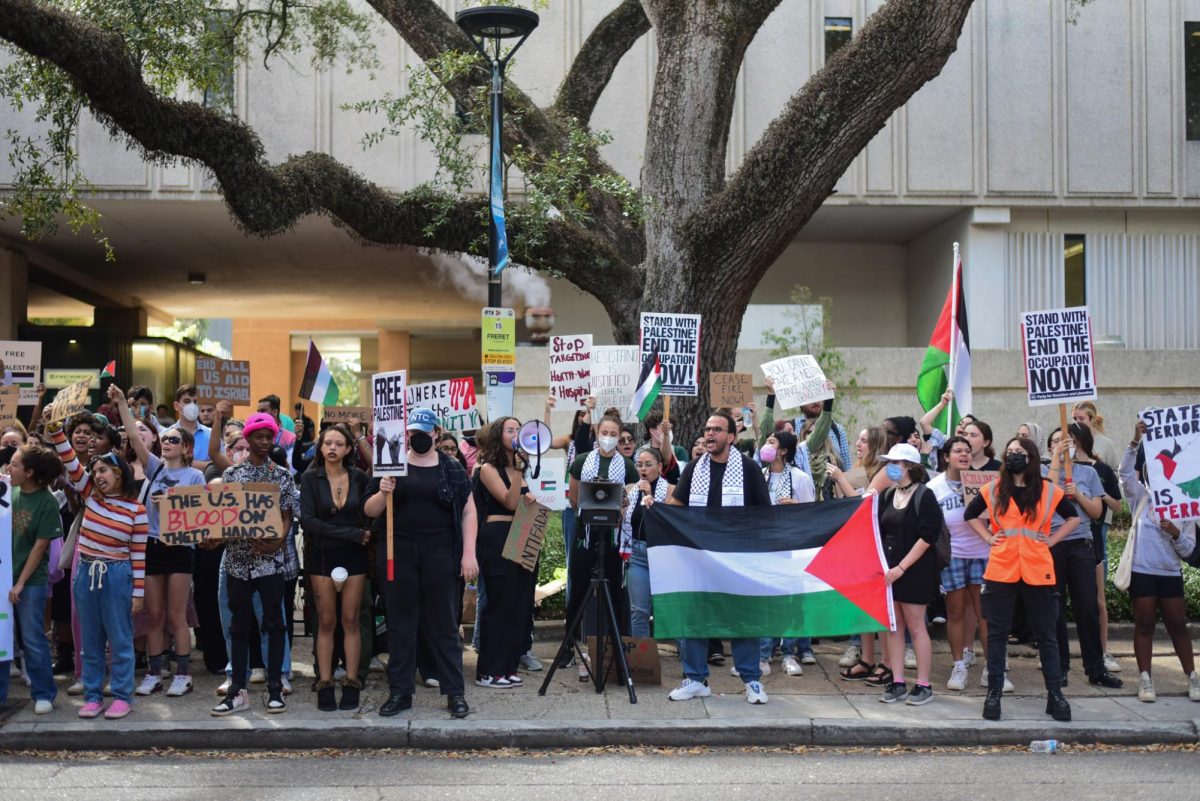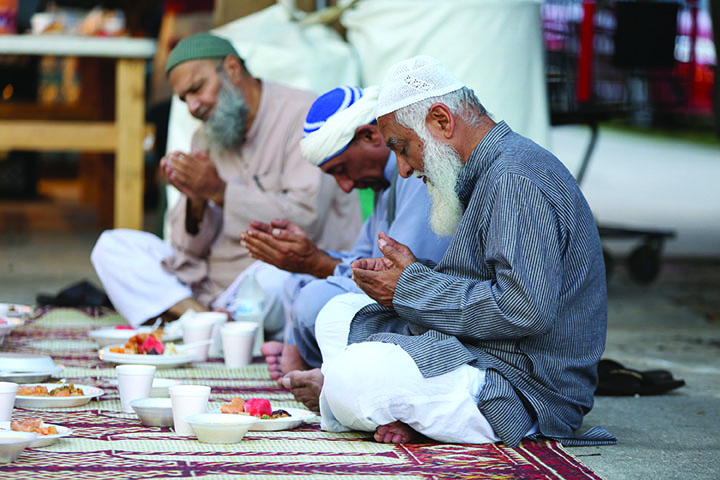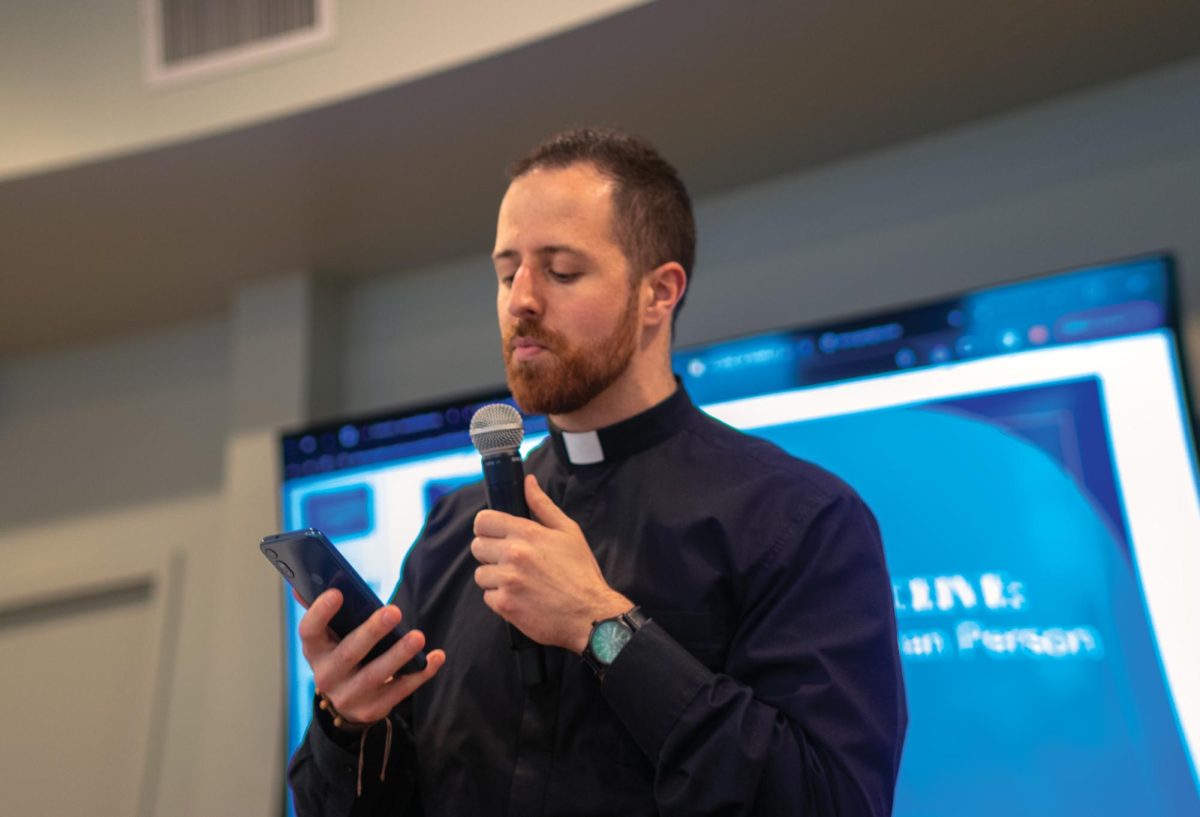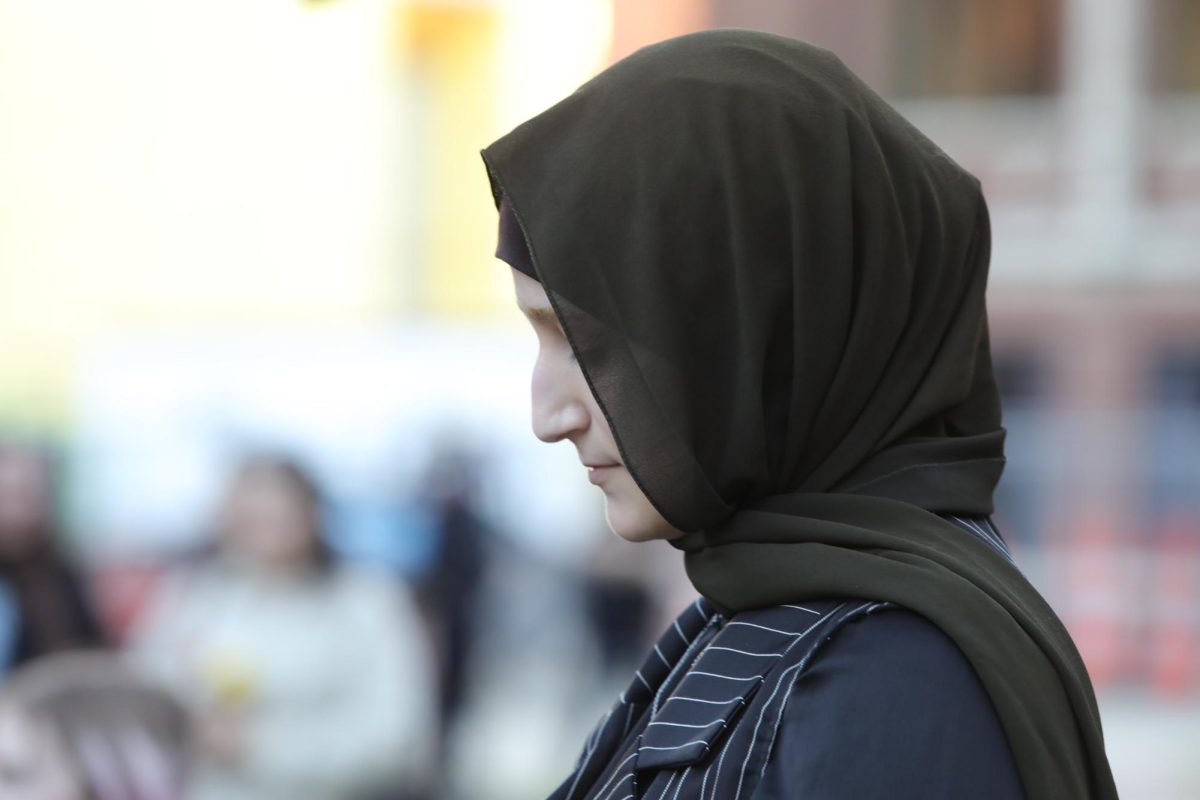Families around the world gathered to celebrate Eid al-Adha, a day of feast in the Muslim community, which began Sept. 11 and ended the evening of Sept 15.
Eid al-Adha is one of two Muslim holidays celebrated around the world. Marking the end of the Hajj, the season for a pilgrimage to Mecca, the holiday concludes with a distribution of meat, particularly goat, to the community. This includes families and friends giving to each other and donating to those in need.
With families from all corners of the globe, Eid al-Adha meals can vary, according to Adil Hussain Khan, assistant professor of Islamic studies.
“Islam is a globalized religion so each different culture would have their own traditional dishes,” Khan said. “There’s no specific dish that you would find across the board in all Muslim homes. The key is the togetherness and the sharing with the poor. You couldn’t sit at home by yourself. You need to be together to celebrate the holiday.”
For Rula Thabata, political science sophomore, that food is maamoul, a pastry filled with dates or nuts with powdered sugar, and several other sweets, such as kheer, a rice pudding with crushed pistachios. Kheer is also a favorite of Bushra Ahmad, psychology junior.
Ahmad fondly remembers getting ready for the holiday with her family.
“My mom usually tells us not to eat anything because there will be a lot of food at the mosque,” Ahmad said. “We all dress in new clothes and drive to Kenner from Slidell, eat breakfast at the mosque, listen to the sermon, pray and then feast for lunch.”
The holiday emerges as an honor to Abraham, who in spiritual texts was ordered by God to sacrifice his son. However, before he was able to, Abraham was stopped by the angel Gabriel telling him that the sacrifice of his son was unnecessary.
Animal sacrifice, though regarded as traditional for the holiday, is difficult in the present day, Ahmad and Khan said. Ahmad expressed concerns about the practice being misunderstood in the United States.
Much like a turkey at Thanksgiving, goats are a quintessential part of the traditional meal. Though tradition asks that the animal be prepared for a local community, government agencies can handle the distribution of the meat themselves to be delivered worldwide, according to Khan.
Ahmad eats some of this distributed food on Eid al-Adha.
“My family does it with my mosque as a whole, instead of individually by family,” Ahmad said. “It’s honestly so heart warming to be celebrating a holiday based upon a man’s obedience to God. It’s like a religious Thanksgiving.”
Eid al-Adha is a day of prayer, feasting and community. Thabata likes to enjoy her holiday with family after morning prayers.


